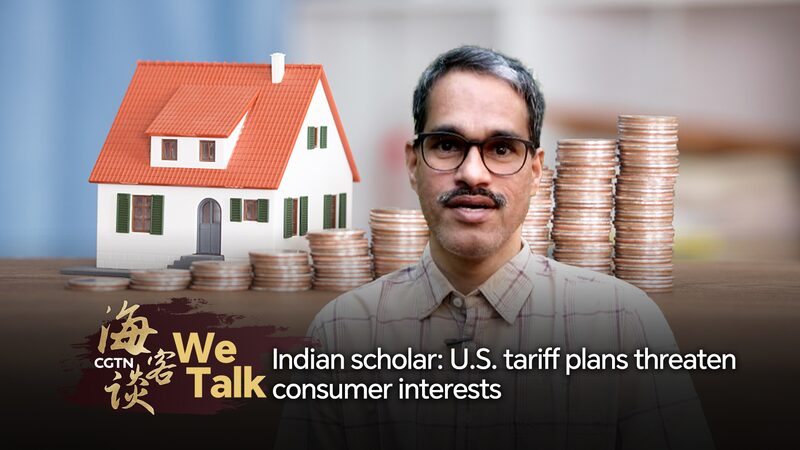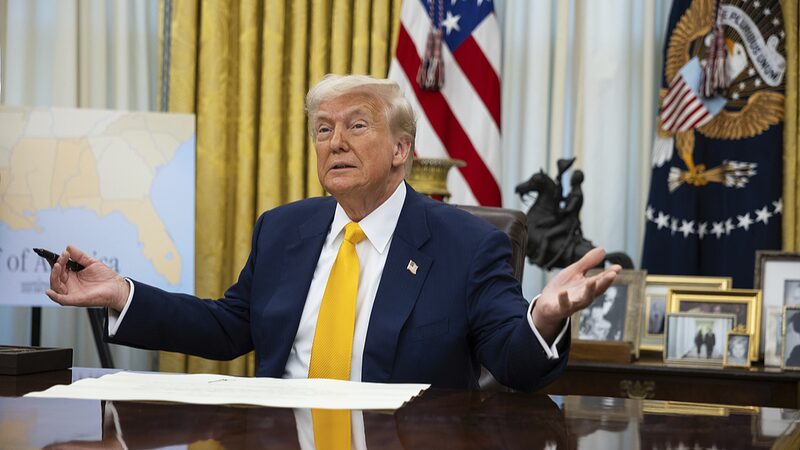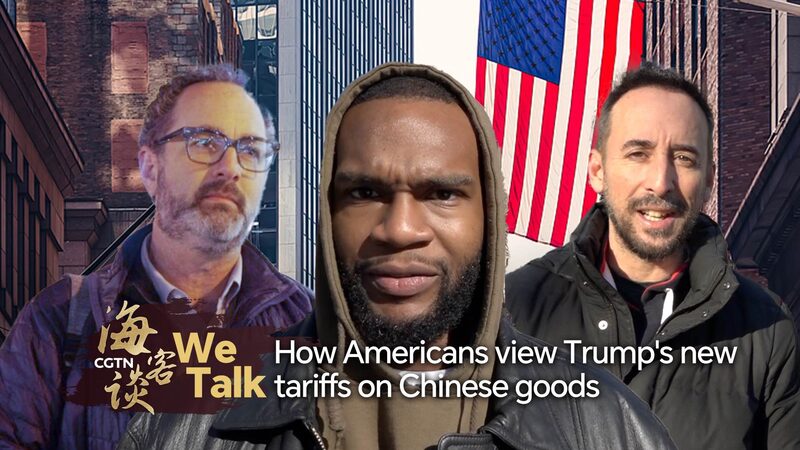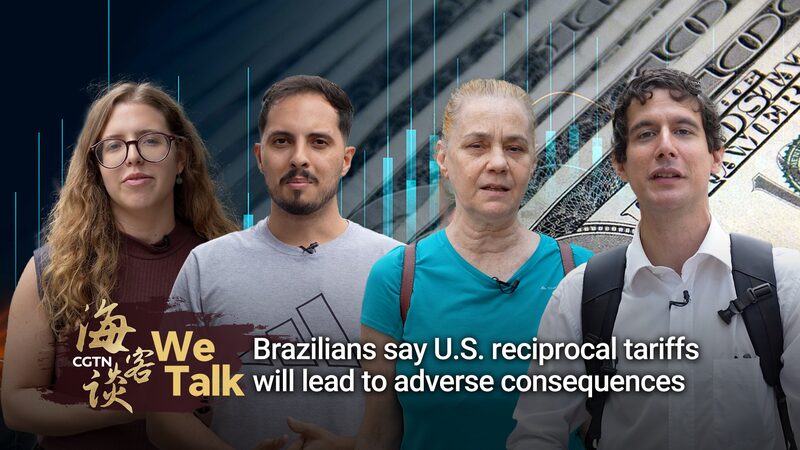On February 13, 2025, U.S. President Donald Trump signed an executive memorandum titled \"Reciprocal Trade and Tariffs.\" The initiative introduces reciprocal tariffs, meaning the United States will impose tariffs on imports at the same level that its trading partners apply to American goods. This decision has garnered widespread attention and elicited strong reactions from around the world.
S. Parameswaran, an Indian professor and expert in trade, has voiced significant concerns regarding the potential implications of these policies. He cautions that the introduction of reciprocal tariffs could impede the development of free trade and undermine the process of globalization. According to Parameswaran, the tariff barriers instituted by the U.S. may trigger a chain reaction, affecting the prices of essential consumer goods such as steel and cars. This, in turn, could limit consumer choices and have a broader impact on global markets.
The move by the United States reflects a shift towards more protectionist trade policies, which may alter the dynamics of international trade relations. Experts like Parameswaran emphasize the need for careful consideration of the long-term effects on both economies and consumers worldwide.
Reference(s):
We Talk: Indian scholar: U.S. tariff plans threaten consumer interests
cgtn.com








